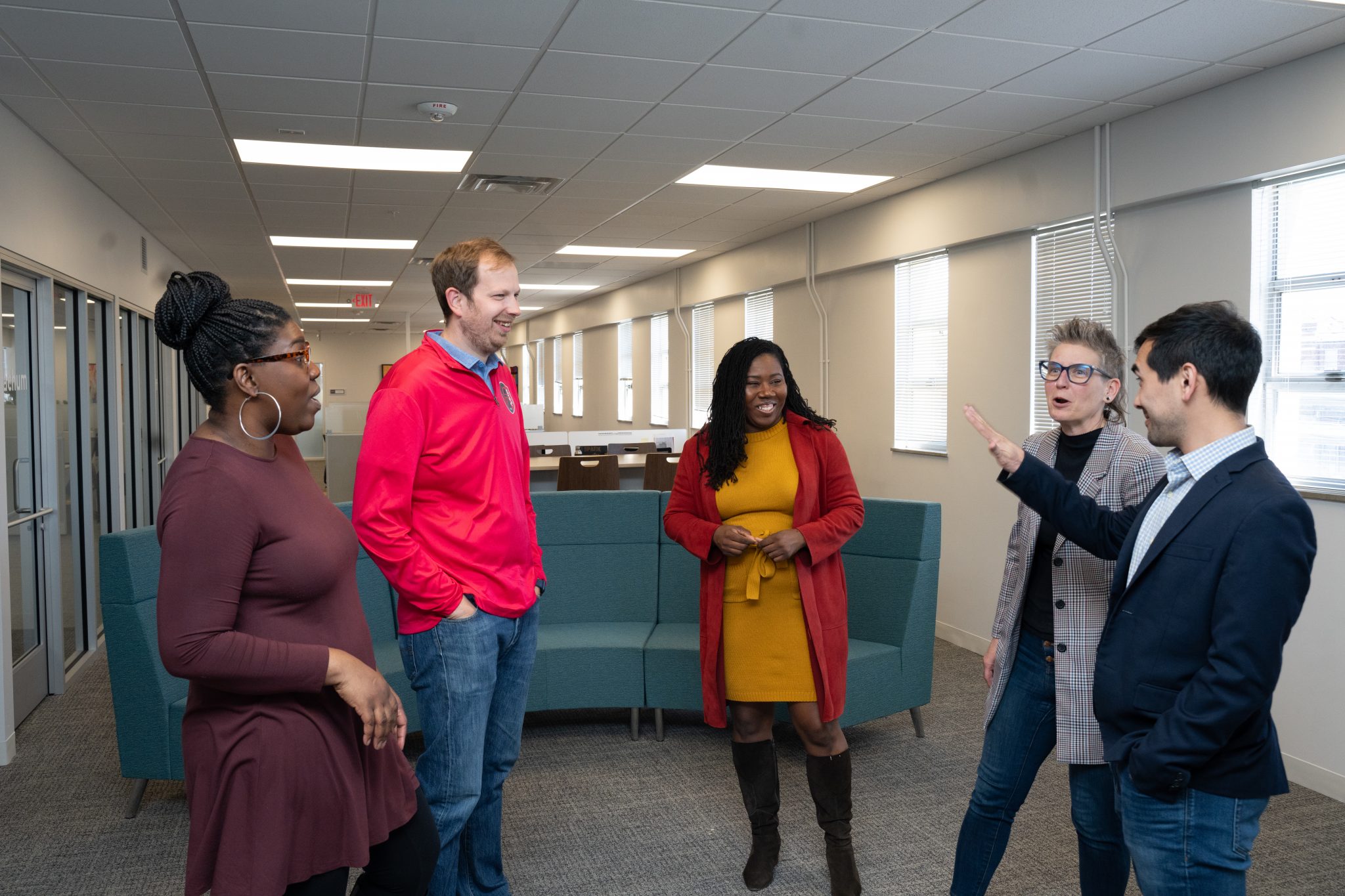
06/26/25
Effective Governance: School Board Fellowship Impact Across the Region
Since its inception, The Opportunity Trust’s School Board Fellowship (SBF) has trained 28 community-rooted leaders to become effective stewards of public education across St. Louis. These fellows—16 who now serve on charter and district public school boards—are shifting governance from a formality to a force for real change by anchoring every board action, from goal-setting to budgeting and leadership evaluation, in the fundamental question: ‘Are students learning more as a result?’ The Fellowship isn’t about good governance alone—it’s about governance that measurably improves student outcomes. Already, alumni are shaping education policy from the inside, and their influence continues to grow.
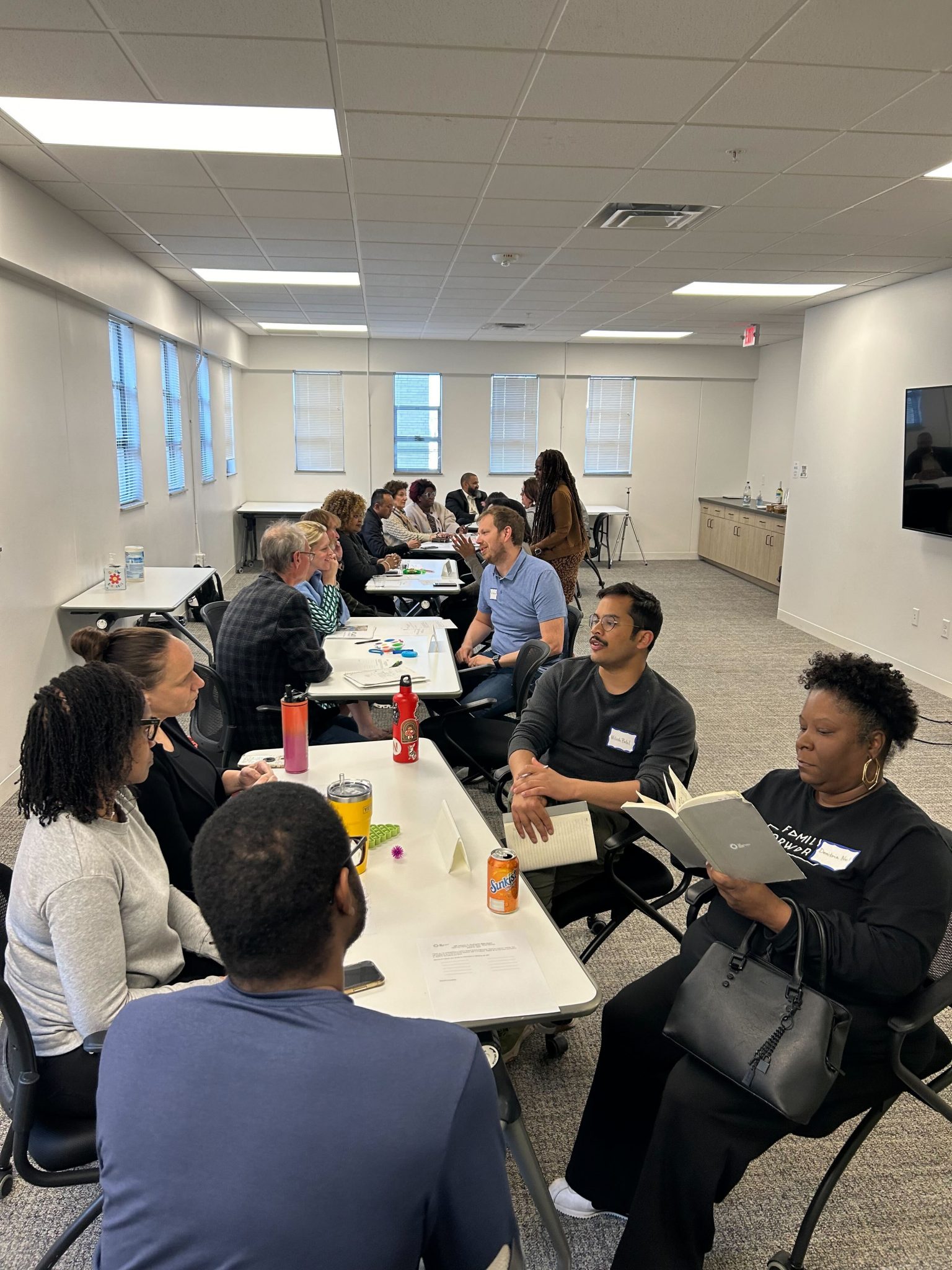
A New Kind of School Board Leader
The School Board Fellowship launched in 2023 with a clear mission: equip local leaders to govern with a singular focus: accelerating student learning. The program aligns with The Opportunity Trust’s long-term theory of change, which recognizes that the most important role of a school board is to drive and sustain academic achievement. Strong boards are essential for strong schools. By placing knowledgeable, reflective, and equity-focused leaders in these roles, SBF helps ensure that all public schools across St. Louis have access to prepared and passionate citizens who will govern with a clear understanding of what’s at stake and what it takes.
SBF trains leaders not just to govern responsibly, but to ensure their governance leads to measurable academic growth, equity, and opportunity for all students. That mission is already yielding results. Among the 15 members of Cohort 1, eleven now serve on charter public school boards, and two ran for elected school board seats across the region, with one, Alisa (AJ) Foster, winning a seat on the St. Louis Public Schools Board. Cohort 2, which concluded in March 2025, is quickly following suit: four are already serving on charter public school boards, and five are in the interview process for board appointments.
More than a crash course in policy, the fellowship deepens participants’ understanding of what public school boards can—and should—do. Fellows learn how to stay engaged in district-level oversight: asking the right questions, setting clear goals, and collaborating with executive leaders, while maintaining a healthy respect for leadership boundaries and operational roles. By the end of the fellowship, many report a shift from abstract interest in governance to a position of informed purpose.
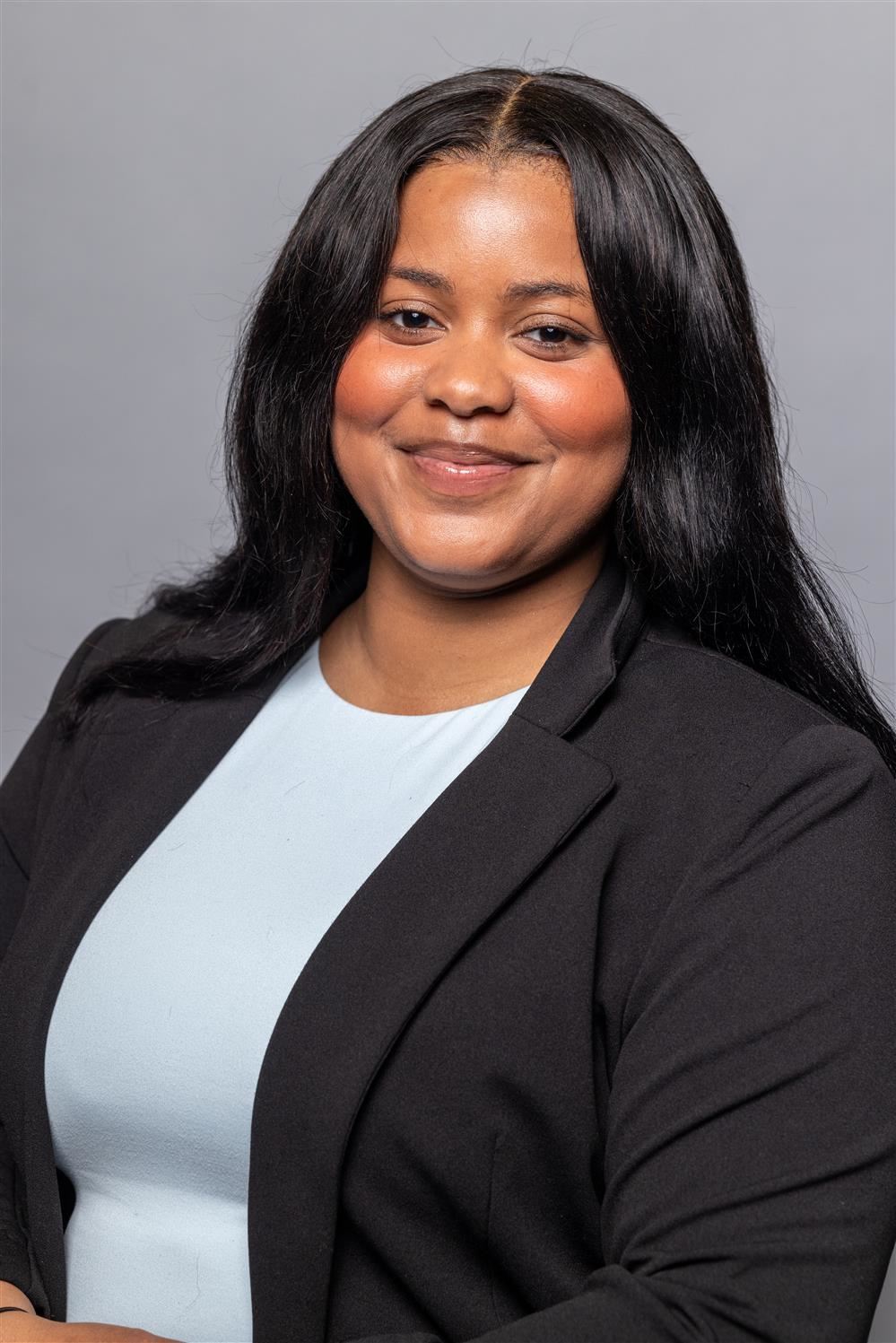
The School Board Fellowship has provided me with a solid understanding of how school governance works. Particularly, how to read and interpret district budgets, evaluate data through an equity lens, and understand the difference in responsibilities between the Superintendent and Board Members. Since finishing, I’ve continued to lean on both the skills I developed and the lifelong network the fellowship has given me across the St. Louis region.
AJ Foster, SBF Fellow and St. Louis Public Schools Board Member
This evolution is intentional. According to an external evaluation by Dr. Rachel White, Assistant Professor of Educational Leadership and Policy Studies at the University of Tennessee-Knoxville, fellows begin the program curious about how boards function and leave with a sharpened understanding of their own readiness, responsibilities, and potential to lead change. In post-program interviews, 67% said the fellowship helped them understand the day-to-day work of boards, including committee meetings, financial oversight, and consensus-building.
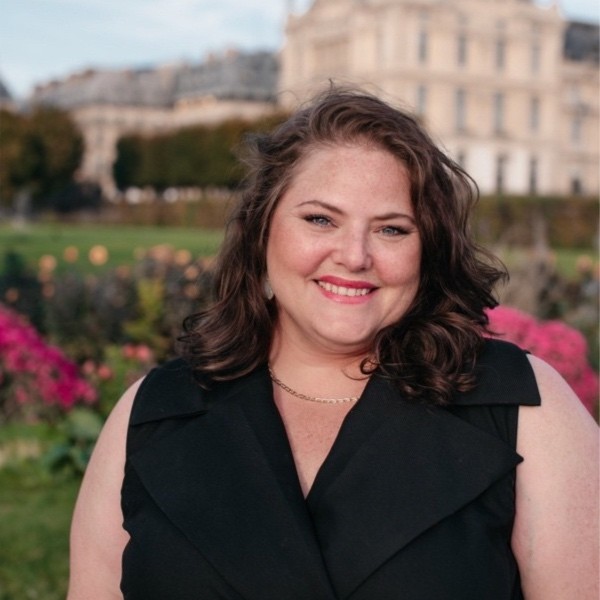
I think a lot of people in my cohort came in with an idea of what school board governance was going to look like—and I think for all of us, the reality shifted and changed once we learned more. SBF gave me context, clarified expectations and limitations, and ultimately helped me feel confident that I belonged in the role.
Theresa Yoffie, SBF Fellow and Momentum Academies Board Member.
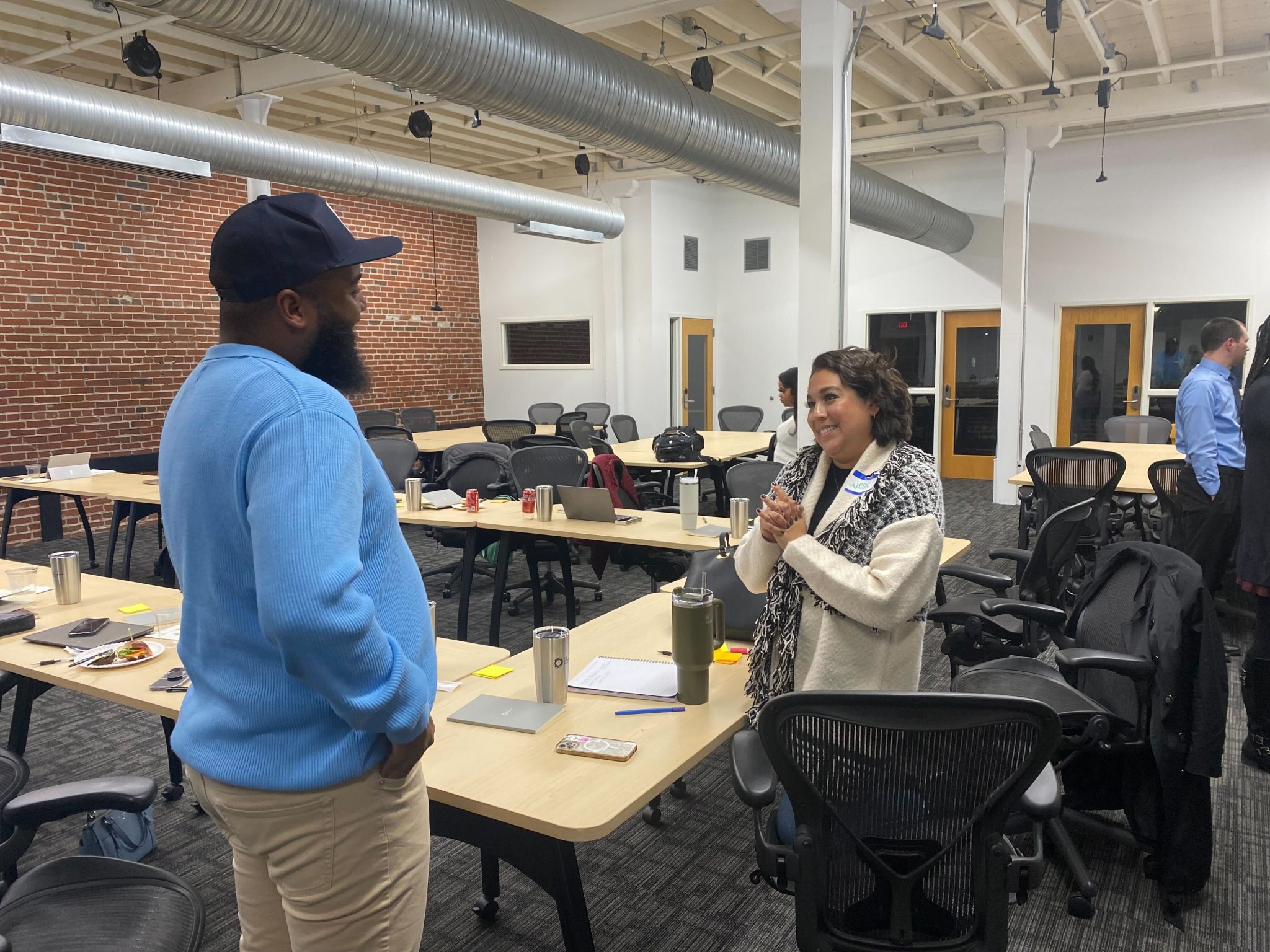
From Insight to Impact
SBF was always meant to go beyond just theory. Through immersive learning, including live simulations, analysis of current public meetings, and candid conversations with a diverse mix of regional education leaders, fellows develop real-world skills that translate directly to governance. The program’s growing alumni network now includes elected officials, parents, educators, entrepreneurs, and nonprofit leaders—each bringing diverse perspectives and an unwavering commitment to equity.
“It’s not just about a school building—it’s about staff, families, and scholars. We had to ask: ‘Are we serving them well?’ The fellowship helped me come into that conversation with clarity and courage,” Yoffie explained.
“SBF taught me to be courageous when questioning,” Montgomery said. “I have really found my voice in board meetings, and I’m not timid about digging deeper with questions.”
The investment in SBF is already paying off: in better oversight, deeper community engagement, and governance that is both accountable and aspirational.
“They’re already engaged. They’re already wanting to do this type of board work in the education space because they went through The Opportunity Trust training. They come in already trained up pretty well to begin with,” said David Simmons, Board Chair at Momentum Academies. “Strong governance is not something people who want to serve on boards always understand. Once they go through SBF, they understand it.”
With each cohort, St. Louis gets closer to a future where all students are supported by schools and boards that believe in their potential and are equipped to help them thrive.
Are you interested in serving on a public school board? Learn more about the School Board Fellowship here.